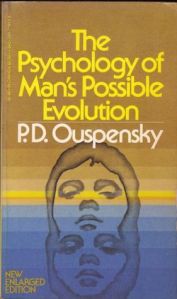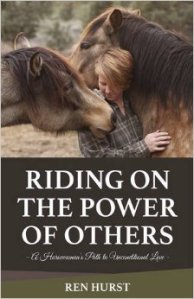So after a long absence I’ve decided to return. I’ve been in a process of spiritual, and psychological growth over the past two years. Well, almost two years. That is not to say I have hit some sort of plateau, or that I have climbed to the mountain top so to speak, (To paraphrase Martin Luther King Jr.) I am sure there is more to come. One thing that has become apparent to me, has to do with my new ability to think over both sides of an issue. I am no longer attached to any views I might have. I am able to hold both sides in my head, and examine them, it’s even fun.
Over the past couple years, this way of thinking was starting to dawn on me. There was however, a subject I still couldn’t do this with. That of course was youth rights.
I have been a youth rights activist, for the better part of ten years. In the beginning, I simply related to young people from a place of authenticity. I hoped through doing this that any authority figures in their lives, would take notice. I also held out a hope for change in how they were being treated. I quickly became frustrated however; the adults were not picking up on what I was doing, or at least it appeared that way. What I had not considered, was the simple fact that because we were extended family ,my modeling for the adults could only go so far. We only saw each other twice a year, or maybe more often if we were lucky.
Contrast this with a young year friend of mine. He his mom, and I see each other at least every couple weeks. His mom has ample opportunity to see me interact with her son. She can see that I allow her son to be completely who he is, while not allowing him to trustpass my boundaries. If he wants to play video games and I’m up to it physically, we do. Even if I can’t play with him, I enjoy watching him, play, and asking questions. As far as the whole boundaries thing, I’m still working on that with him. When it comes down to it, I can’t be sure how much of my interactions with my friend have rubbed off on his mom. I haven’t talked with either of them about the subject. I do know my friend’s mom is grateful there is an adult in her son’s life who takes a genuine interest in him. On the other hand, maybe I am having an impact. The thought of that possibility fills me with joy.
I feel as though I have entered a new dimension. Everything is clearer to me now.
I am also much less nervous, around large groups of people. This is something I’ve struggled with in the past. I would clam up and just stare off into the distance. This had to do with a large amount of psychological trauma from my distant past. This trauma has made it difficult to trust people, especially in new situations.
My psychological and spiritual growth, showed itself just yesterday, when I went to volunteer at an elementary school. I had worked at this school last year. Working as a lunch monitor this time, (due to my ideas about how young people should be treated, more on that in later post,) I had kids coming up to me asking me about my cane. I also was able to help one who’s friend had gotten injured in the shoulder. Her injury happend, while she playing some sort of ball-based game with her friends. When this student and her friend came up they asked for hall passes. I was perplexed, because I didn’t have any. Should I have some? I thought to myself. I felt like I was a bumbling idiot, because I can’t think and talk at same time, due to my aspergers/autism. So, I was looking off at the wonderful blue sky with a glazed look on my face, and trying to figure this conundrum out. I settled on asking this person and her friend to come with me to the office, so she could get her injury taking care of. On the way, I asked her her name, which I can’t remember due to actually growing older. In the office, I had another awkward moment, was I supposed to get her all the way to the nurse or just let her and the friend handle it. So, the glazed look returned as my insides churned. Fortunately I managed to tell the office manager what happened. The nurse, for her part, looked to be already attending to the injured girl.
Overall, I’ve noticed huge growth as I’ve said above. I feel like I’m finally comfortable being who I am, aspergers stomach churning episodes notwithstanding.

